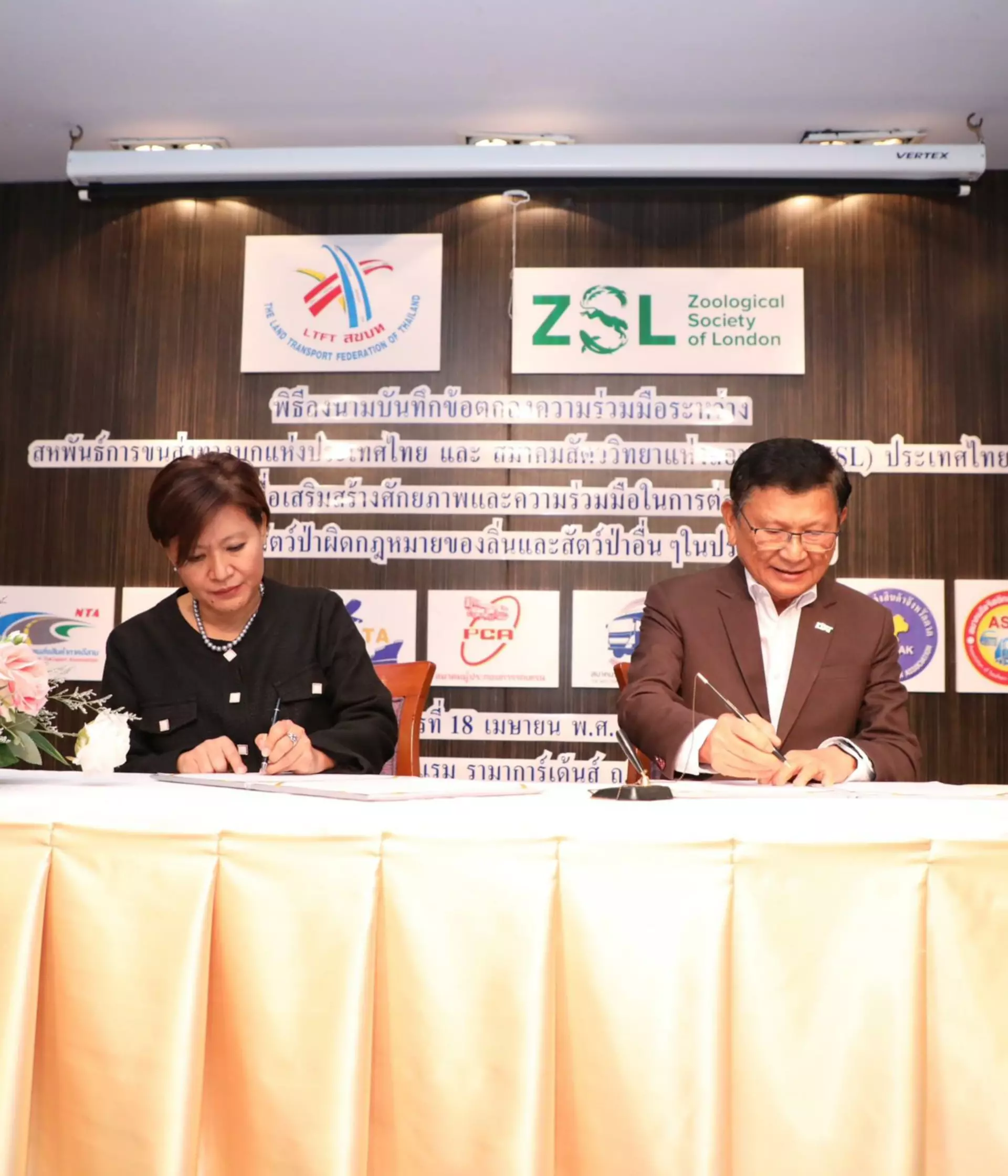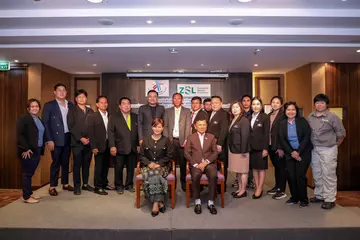
Joining forces with Thailand's transport industry to thwart the illegal wildlife trade
Our conservationists in Thailand are teaming up with lorry, bus and trailer drivers, in a first-of-its-kind collaboration to tackle the illegal trade threatening the country’s most endangered animals.
We've signed a ground-breaking new agreement with the Land Transport Federation of Thailand (LTFT) (18 April 2023), boosting conservationists’ efforts to combat the illegal trade in Critically Endangered pangolins, birds and reptiles – taken from the wild due to demand for their meat and scales and for the pet trade.

Thailand illegal wildlife trade
Alongside monitoring activities along trade routes, our experts will work with the LTFT to increase environmental awareness among the 20,000 companies represented by their 10 member associations, encouraging the adoption of zero-tolerance to illegal wildlife trade practices across the country.
ZSL Thailand Country Manager May Moe Wah, who signed the agreement, explained: “From birds stuffed into PVC pipes to pangolins suffocating in secret car compartments, through our ongoing work tackling the illegal wildlife trade we’ve seen animals being smuggled in a range of cruelly unusual ways, and it has to stop.
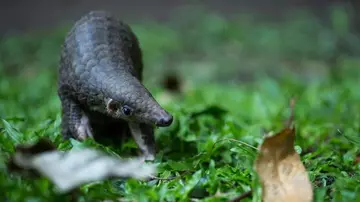
“It may seem like an unlikely partnership, but working with the LTFT and its cross-country network is a huge milestone for our mission combatting these illegal activities, which threaten Thailand’s wildlife.
This collaboration will render thousands of miles of transport networks useless to smugglers, protecting species and restoring ecosystems.
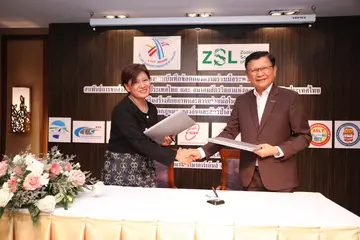
Pangolin trade in Thailand
Thailand is one of the largest transit points for the illegal wildlife trade in South East Asia; between 2017-2019, more than 4,500kg of pangolin scales – representing 12,500 individuals – were seized in the country.
May continued: “Pangolins are the world’s only scaley mammal, but this also makes them the most illegally trafficked mammal in the world, with both live animals and body parts being traded to fulfil demands for their meat and scales. This has led to all eight species of this unique animal sadly becoming threatened by extinction.
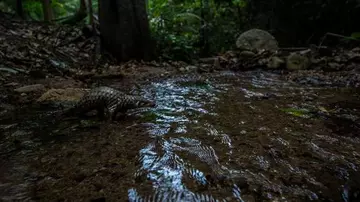
“Pangolins are not the only animals illegally traded across Thailand – we know that many other birds, turtles and other reptile species are also smuggled across the country’s rails and roads each year, threatening the future of these species. Many of these animals help disperse seeds through their forest homes or dig nests that provide shelter to other animals; losing them impacts entire ecosystems.”
Mr. Apichart Prairungruang, President of the LTFT, who co-signed the agreement with May, said: “We are excited to partner with ZSL on this important initiative. The illegal wildlife trade is a serious threat to biodiversity, and we believe that our collaboration will make a positive impact on the environment and contribute to a more sustainable future.”
The collaboration is part of ZSL’s wider work both in Thailand and across the globe to address the illegal wildlife trade, working with local communities and protecting the vital habitats that these animals call home.
Dr Andrew Terry, ZSL’s Director of Conservation and Policy added: “ Ending the extinction crisis is an ambitious but essential mission, and working collaboratively with partners across all sectors is key to achieving this goal - this partnership with LTFT highlights that all organisations can put wildlife at the heart of their work and play a vital role in building a world where nature can thrive.”
Human activity is pushing our precious planet to its limit, causing the devastating loss of so many habitats while threatening the critical systems that support communities, ways of life and our future.
But by working together with communities we can transform evidence into meaningful action and help people and wildlife live better together.
